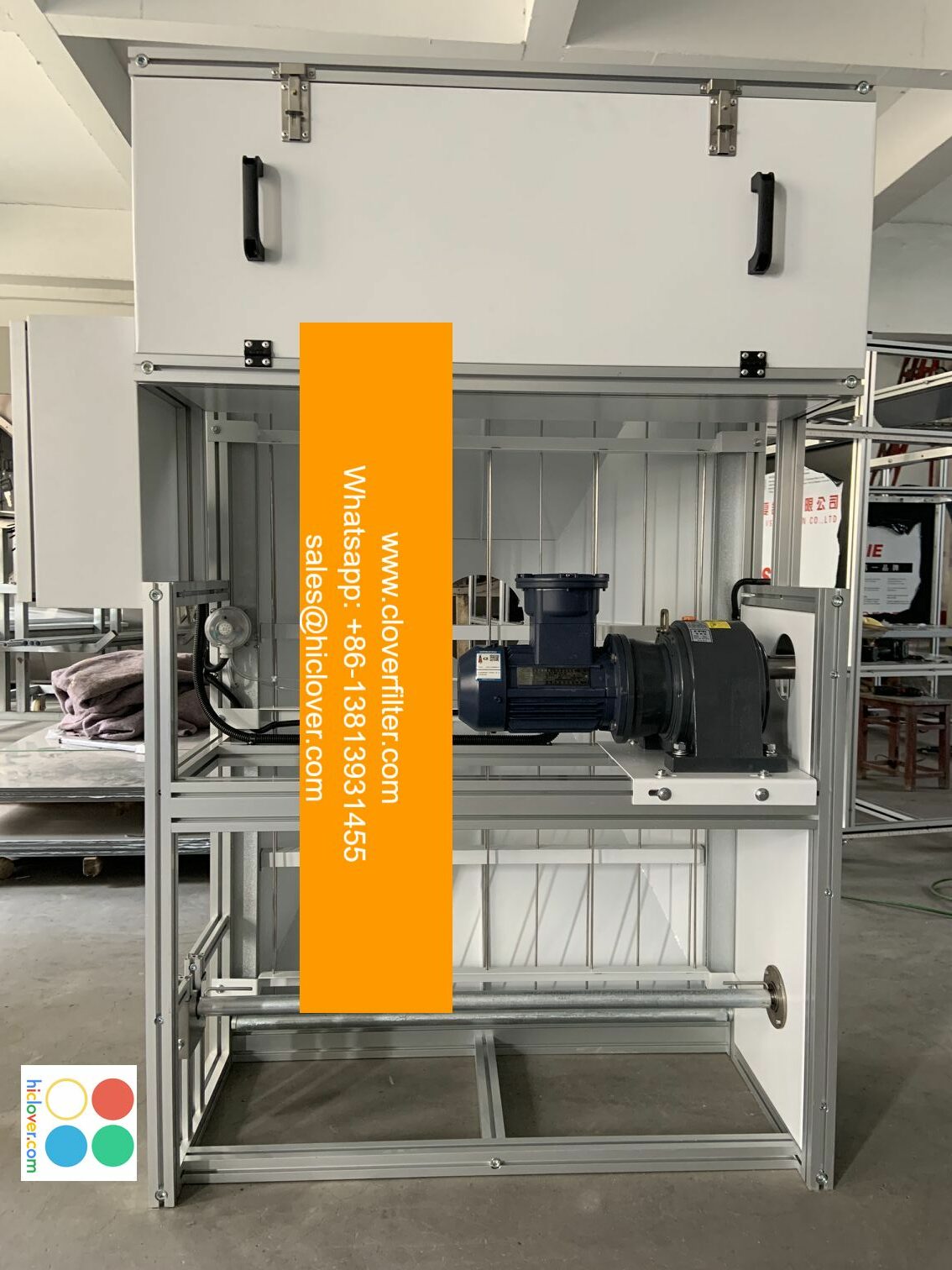Air Filter and Asthma: How to Choose the Right One

Asthma is a chronic respiratory disease that affects millions of people worldwide, causing symptoms such as wheezing, coughing, and shortness of breath. One of the most effective ways to manage asthma is by using air filters, which can help remove allergens and irritants from the air, reducing the risk of asthma attacks. In this article, we will discuss the importance of air filters for asthma sufferers, and provide guidance on how to choose the right one for your needs.
Understanding the Importance of Air Filtration for Asthma
Air filtration is a crucial aspect of asthma management, as it helps to remove airborne allergens and irritants that can trigger asthma symptoms. These allergens can include dust mites, pet dander, pollen, mold spores, and other particles that can exacerbate asthma. By using an air filter, you can significantly reduce the amount of these allergens in the air, creating a healthier environment for asthma sufferers. Air purification systems can be especially helpful in reducing indoor air pollution, which is often worse than outdoor air pollution.
Types of Air Filters for Asthma
There are several types of air filters available, each with its own unique characteristics and benefits. Some of the most common types of air filters for asthma include:
* HEPA (High Efficiency Particulate Air) filters, which are designed to capture 99.97% of particles as small as 0.3 microns, including dust, pollen, and other allergens.
* Activated carbon filters, which are effective at removing gases, odors, and chemicals from the air.
* Ionizing air filters, which use negative ions to attract and trap particles, including allergens and bacteria.
* UV air filters, which use ultraviolet light to kill bacteria, viruses, and other microorganisms.
Key Features to Consider When Choosing an Air Filter for Asthma
When choosing an air filter for asthma, there are several key features to consider. These include: Air filters can be used in a variety of application areas, including: Choosing the right air filter for asthma can be a daunting task, but by understanding the importance of air filtration and the different types of air filters available, you can make an informed decision. Remember to consider key features such as air filter efficiency, air flow rate, filter maintenance, and noise level, and choose an air filter that is designed for your specific needs. With the right air filter, you can significantly reduce the amount of allergens and irritants in the air, creating a healthier environment for asthma sufferers. By using air purification systems and indoor air quality monitoring, you can take control of your asthma and breathe easier. It seems like you’re looking to start a conversation or seek information on a specific topic, but you haven’t provided a particular subject or question yet. Could you please provide more details or specify what you’re interested in? This will help me give you a more accurate and helpful response.
* Air filter efficiency, which is measured by the filter’s ability to capture particles of different sizes.
* Air flow rate, which is the amount of air that the filter can clean per hour.
* Filter maintenance, which includes the cost and frequency of replacing the filter.
* Noise level, which can be an important consideration for people who plan to use the air filter in a bedroom or other quiet space.
* Home air filtration systems, which can be used to clean the air in entire homes or individual rooms.
* Portable air filters, which are small, self-contained units that can be moved from room to room.
* Car air filters, which can be used to clean the air in vehicles.
* Industrial air filtration systems, which are used to clean the air in commercial and industrial settings.Conclusion

